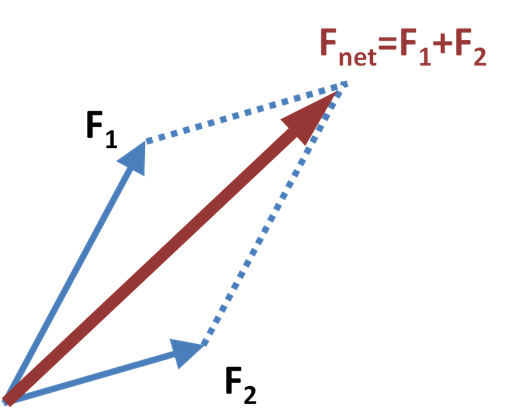The world we experience is clearly a
world of interacting things, and one rarely finds anything that is
completely isolated from its environment. Despite this evident
importance, relations have often been relegated into a subservient
position in traditional ontologies. It is like philosophers were
interested only of classifying things into neat categories, but when
it comes to explaining their interconnections, they soon loose their
interest. It is then no wonder that Wolffian theory of relations is
presented almost as an afterthought, attached to the discussion of
complex and simple substances.
Wolff begins with the general notion
that a thing is related to another thing – this happens when we
consider two things together in such a manner that one of them cannot
be understood without a reference to another. Thus, when we think of a
person as a parent, we must think of some other person who is a child
of this parent. Now, many things could be considered without such a
reference to something else, just like we can describe George Bush
Senior, without ever invoking any reference to other human beings.
Still, we might also consider some aspect of Bush Senior that
requires an essential reference to another person, for instance, when
we see him as a father of Bush Junior.
These aspects then are relations. Note
that with Wolff's definition it is natural to single out the subject
of relation, thinking of which requires the reference to someone
else, just like consideration of a father requires at least implicit
reference to someone to whom he is the father. It just now dawns to
Wolff that he has already described several relations, such as
equality of quantities or similarity of qualities. There is still no
indication that he would have felt a need to transfer his general
account of relations to an earlier position in the book.
An important relation is the one
between that which contains a reason (principle) for something else
(principate). Thus, as forces are a reason for changes in substances,
they could be called the principle of change. This leads to a new
possible definition of substance. Changes of finite simple substances
are based on their inner force and changes of composite substances
are ultimately based on the inner forces of their constituent
substances, thus all finite substances contain in themselves a
principle of change. Then again, accidences cannot really change –
that is part of their definition – thus, they also cannot have any
principle of change. This only leaves infinite substance out of
account, as Wolff admits it cannot really change. Still, Wolff can
always fall back to the option of saying that an infinite substance
has eminently a principle of change in itself (it does some have
force, evidently). Thus, substances can be defined as those entities
that have a principle of change in themselves.
Wolff also defines species of
different principles. Some principles contain reason for
possibilities – in this sense essences are principles of things
being modified in a certain manner – while others contain reason
for something actually occurring – in this sense modes and other
things are principles of thing being modified in a certain manner.
Beyond these, there are also cognitive principles, which are
essentially propositions explaining other propositions.
Probably the most important point in
defining the notion of principle lies in explicating the concept of
cause. Simply put, cause for Wolff means a principle, on which the
existence of something different depends. Wolff's definition of cause
extends far beyond what nowadays is usually called cause, because
even if Wolffian cause differs from what it causes, it might still be
an aspect or part of the caused, as long as it contributes to
understanding why this thing exists. Thus, it is no wonder that Wolff
mentions Aristotelian notions of formal and material cause, the
former being identified with the essence of the caused, the latter
with the constituent parts of the caused, if it has any.
The important notion of cause from the
modern point of view is then efficient cause, which Wolff defines as
a cause, the causality of which consists of actions – that is,
which acts and thus explains the existence of something else. As
Wolff's notion of activity is essentially connected with the concept
of force, his idea of efficient causality is based on the traditional
mechanistic scheme of bodies striking one another and transmitting
movement (needless to say, there is no indication in Wolff of the
Humean problem how we can recognise causal interactions). Wolff also
notes that often one efficient cause is not enough, but the existence
of something has required action of many causes, and that efficient
causes form series, in which more distant causes lead on to more
proximate causes.
Finally, final causes Wolff defines as
reasons why an efficient cause starts to act. Final causes are thus
causes for efficient causes and thus must precede them, which is only
possible, Wolff concludes, if there has been some entity which has
previously thought these ends and now decides to actualise them. In
effect, Wolff denies the existence of ends without any conscious
beings that can set ends to things. Thus, although he has borrowed
his scheme of four causes from Aristotle, he clearly rejects some
essential underpinnings of the scheme – all events might not have
intrinsic final cause. Then again, since Wolff also supposes the
existence of an infinite entity or God that has created the world
because of its perfection, he would have to admit that all things
have some extrinsic end.
In addition to cause, the only relation
Wolff dedicates a whole chapter on is the relation between sign and
signified. We may leave this topic almost completely untouched and
just mention that Wolff admits the possibility of natural signs, that
is, things which by nature refer to other things.
So much for ontology then. Next time I
will start by looking at a new generation of Wolffians.
